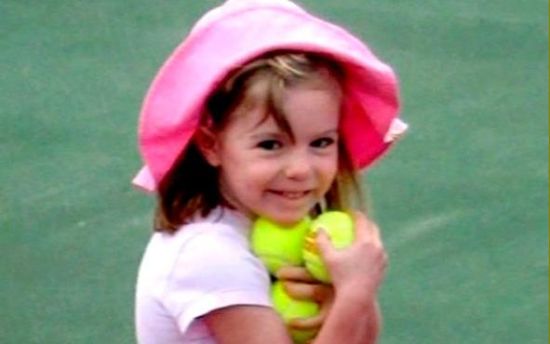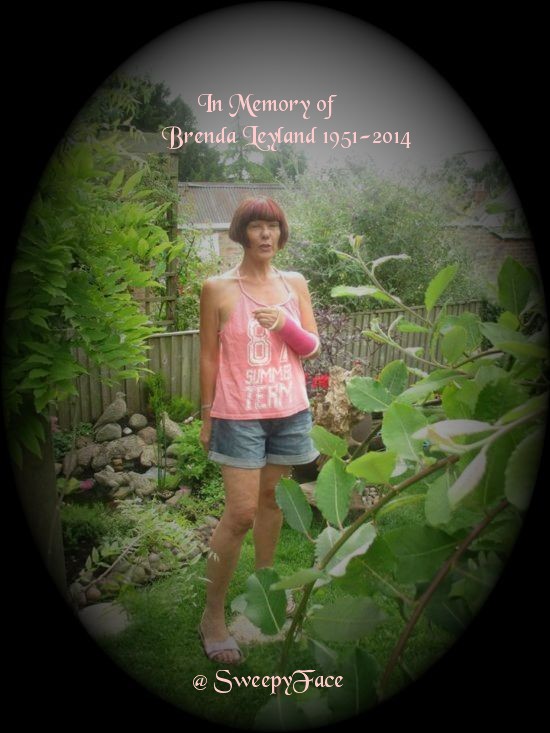|
Madeleine McCann and the media
COMMENT
The most reported and discussed missing
person case ever recorded is still not
only a highly contentious mystery, but
also a personal tragedy that has been
turned into a public farce by elements
of the media.
In the entirely predictable press frenzy
surrounding the imminent 10th
anniversary of the disappearance, much
of the coverage, particularly in the
British tabloids, has been absurd. But
it should not be dismissed lightly.
Unable to come up with “news” on the
case, the tabloids have been rehashing
the same old speculation and guesswork.
“Could Madeleine McCann have been
snatched by a lone paedo or simply
wandered off?....”
“Abducted by slave traders and sold to a
rich family, says ex-Met detective..”
“New hope after decade-long search....”
“Experts say Madeleine McCann’s body is
almost impossible to find ”.
And then there was the much-touted
Australian TV show that promised “a
major breakthrough in the case”.
Meanwhile, the Daily Mirror took a
slightly different tack with a story
headlined, “What REALLY happened the
night Madeleine McCann disappeared as
nanny breaks her 10-year silence”.
The story did not explain what “really”
happened, nor did it name the nanny or
why she had remained silent for so long.
It quoted her as considering the McCanns
to be “the picture perfect family” and
repeated the usual British criticism of
the Portuguese police.
More surprisingly, she claimed that the
resort from which Madeleine vanished was
considered so unsafe that nannies were
given rape alarms (whistles) and
advised, “don’t go anywhere by yourself,
ever”.
There was nothing to suggest the Mirror
had tried to question or check this or
any of the nanny’s other assertions,
but, in Praia da Luz, they were viewed
with derision. It was seen as yet
another attempt to brand Praia da Luz as
a den of iniquity, which it is not and
never has been.
The official police files on the case
contain nothing about rape whistles or
alarms. None of the signed statements by
child-care workers mentioned anything
about suspicious goings-on or Luz being
“unsafe”.
The manager of the Ocean Club where the
McCanns were staying said in a police
statement in 2007 that he had “no
knowledge of any untoward situation
involving Ocean Club users or in the
village itself, other than some damage
and minor thefts”.
The Mirror story was also a reminder
that real journalism has to a large
extent been replaced by ‘churnalism’,
which disregards traditional standards
of original news gathering based on
impartiality and fact-checking for
accuracy and honesty.
The nanny’s story was quickly recycled
virtually verbatim on the Internet by
other tabloids. Even the broadsheet
Daily Telegraph fell into line as did
news services in the United States,
Australia and New Zealand.
Trial by the media has had a huge
influence on public perceptions about
guilt or innocence in this case. Most of
the mainstream media reports state as if
it were a fact that Madeleine was
“abducted”. Maybe she was. Maybe she
wasn’t. There is no certainty either
about the other main theory, that her
parents covered up an accidental death
in the apartment.
Until solid evidence is found and the
culprits are brought to justice, the
public fascination with this case will
continue to fuel and be fuelled by the
media’s determination to churn out
stories whose accuracy and agenda may
sometimes be open to doubt.
The current avalanche of stories
inevitably evokes the previous admission
by Lord Bell, founder and former
chairman of the Bell Pottinger public
relations group, to columnist and author
Owen Jones, that “the McCanns paid me
£50,000 in fees to keep them on the
front page of every single newspaper for
a year, which we did”.
Nevertheless, “Maddie” helps circulation
figures and makes money. Money, along
with misinformation, has always played
far too big a part in this case which,
let’s remember, is about the tragic loss
of a child. |



